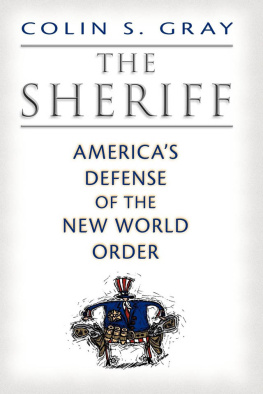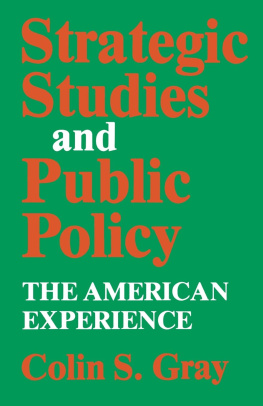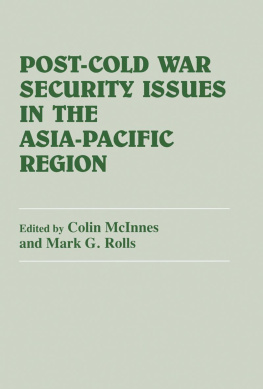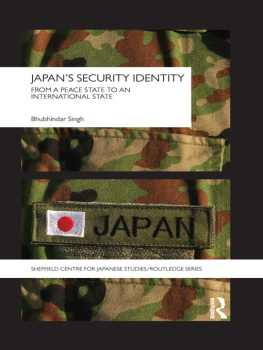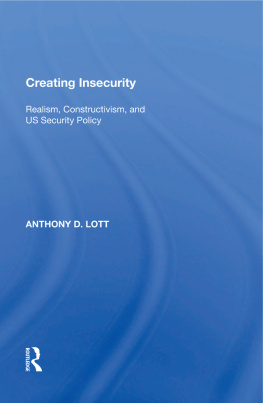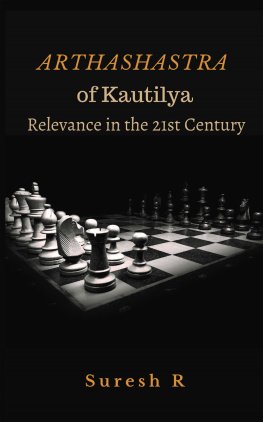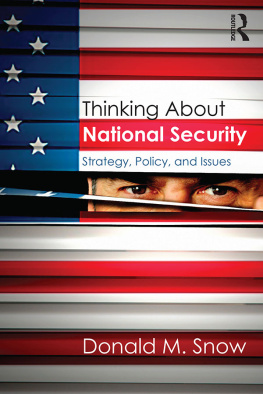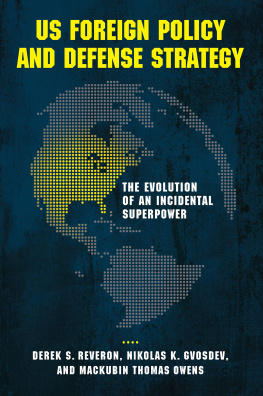Publication of this volume was made possible in part by
a grant from the National Endowment for the Humanities.
Copyright 2004 by The University Press of Kentucky
Paperback edition 2009
The University Press of Kentucky
Scholarly publisher for the Commonwealth,
serving Bellarmine University, Berea College, Centre
College of Kentucky, Eastern Kentucky University,
The Filson Historical Society, Georgetown College,
Kentucky Historical Society, Kentucky State University,
Morehead State University, Murray State University,
Northern Kentucky University, Transylvania University,
University of Kentucky, University of Louisville,
and Western Kentucky University.
All rights reserved.
Editorial and Sales Offices: The University Press of Kentucky
663 South Limestone Street, Lexington, Kentucky 405084008
www.kentuckypress.com
Cataloging-in-Publication Data is available from the Library of Congress.
ISBN 9780-81319310-6 (pbk: acid-free paper)
This book is printed on acid-free recycled paper meeting
the requirements of the American National Standard
for Permanence in Paper for Printed Library Materials.
Manufactured in the United States of America.
| Member of the Association of
American University Presses |
Contents
Americans are cowboys, Europeans love to say. And there is truth in this. The United States does act as an international sheriff, self-appointed perhaps but widely welcomed nevertheless, trying to enforce some peace and justice in what Americans see as a lawless world where outlaws need to be deterred or destroyed, and often through the muzzle of a gun. Europe, by this old West analogy, is more like a saloonkeeper. Outlaws shoot sheriffs, not saloonkeepers. In fact, from the saloonkeepers point of view, the sheriff trying to impose order by force can sometimes be more threatening than the outlaws who, at least for the time being, may just want a drink.
Robert Kagan (2002)
What seems to work best, even though imperfectly, is the possession by those states who wish to preserve the peace of the preponderant power and the will to accept the burdens and responsibilities required to achieve that purpose.
Donald Kagan (1995)
New world orders... need to be policed.
Michael Howard (2002)
Preface
Some readers may find my argument challenging, but I suspect that critics will deem it more unpalatable than incorrect. As originally conceived, the argument was to focus very heavily indeed upon defense policy, strategy, and force posture. I intended to zero in on what used to be called the Revolution in Military Affairs (RMA), but more recently has come to be known as military transformation. Books that need and want to be written have a way of all but writing themselves. My sincere intention to write a book about American defense, now that the no-name, brief postCold War period is over, was thwartednot so much by events, though September 11 certainly was a factor, as rather more by the nature of the subject. I found that so much about the U.S. role in the world is coming into contention, that were I to devote most of my pages to military issues, as long intended, I would be analysing secondary issues while leaving matters of first-order significance insufficiently addressed. In practice, I have written a book that is far more about Americas role in the world, and its national security policy broadly conceived, than it is about the modernization, or transformation, of its armed forces. Since my most recent book strives to marry social science and history for the purpose of unravelling the mysteries of RMAs, I was more than a little reluctant to surrender to the logic of my topic, follow Clausewitz, and give extensive pride of place to policy. Of course, the great man tersely says what he needs to say about the relationship between war and policy, and then devotes the remainder of his book to the theory of war. Would that I could have done the same.
The message in my title and subtitle is controversial, but it should not really be so. The United States has behaved, is behaving, and long will continue to behave, in the role that I name. It is a fact, like it or not. Rather less factual are the descriptive, sometimes emotive, words that we employ to give punch to our explanations. There are problems with the notion of the role of sheriff, for example. For historical reasons American culture is apt to be unduly legalistic, so I hesitate to encourage the half-truth (at best) that the country will perform as a law officer. That line of thought can lead one up some seriously unpromising canyons of international, especially UN, diplomacy. The reality is that Americas authority to act in defense of its understanding of the needs of world order is born of respect for its power. Favorable nose counts in multilateral assemblies can be nice to achieve, but they are not what licenses the United States to perform as sheriff.
On balance, I prefer the sheriff descriptor to other terms popular at present. Some scholars for whom I have great respect, Eliot A. Cohen and Andrew J. Bacevich, for example, favor the concept of empire. The terms empire and imperial carry rather more historical baggage than this Anglo-American commentator finds comfortable. Also, I am afraid that Americans might fall victim to the attractions of their own theories. Notwithstanding the objective merit in the theory of a new American empire, many Americans might well take the idea more seriously than they should. I strongly suspect that a swelling public discourse on the theme of an American empire, when it is slapped down as a consequence of some rude awakening in one of the globes rougher neighborhoods, would effect quite gratuitous damage to the vital world ordering mission. Imperial governance is not an American strength. It is culturally alien and politically unacceptable. Only time will tell whether American society has the fortitude to manage the kind of uneasy peace that its military prowess typically will deliver. Post-Saddam Iraq truly is a trial from central casting.
Many people have contributed to this book and my debts are serious and diffuse. Above all others, I am grateful to the Earhart Foundation and its trustees. They supported my research and writing in several ways that proved essential. While the argument of the book veered this way and that, I sought counsel from friends, colleagues, and even acquaintances, with what must sometimes have seemed to be a ruthless persistence. I am especially grateful to the National Institute for Public Policy in Fairfax, Virginia, for providing me with a home in the summer of 2002. Particular friends around the National Institute, namely Kurt Guthe and Steve Lambakis, made important contributions to the way my argument moved forward. Similarly, Williamson Murray and Col. Frank G. Hoffman, USMCR (Ret.), two old friends and outstanding scholars, put in their two bits when it really mattered. I am also indebted to Washingtons Center for Strategic and Budgetary Assessments, and to its director, Andrew F. Krepinevich, for allowing me to air my theories at a lunchtime seminar. Although this book is entirely my own work, warts and all, it will be readily apparent from the references that I am heavily indebted to three people in particular, all of whom I have named already. Specifically, I owe major intellectual debts of gratitude to Eliot A. Cohen, Andrew J. Bacevich, and, of course, to Carl von Clausewitz. The fact that I do not always agree with my two contemporaries does not in any way diminish the value I have found in their work.

